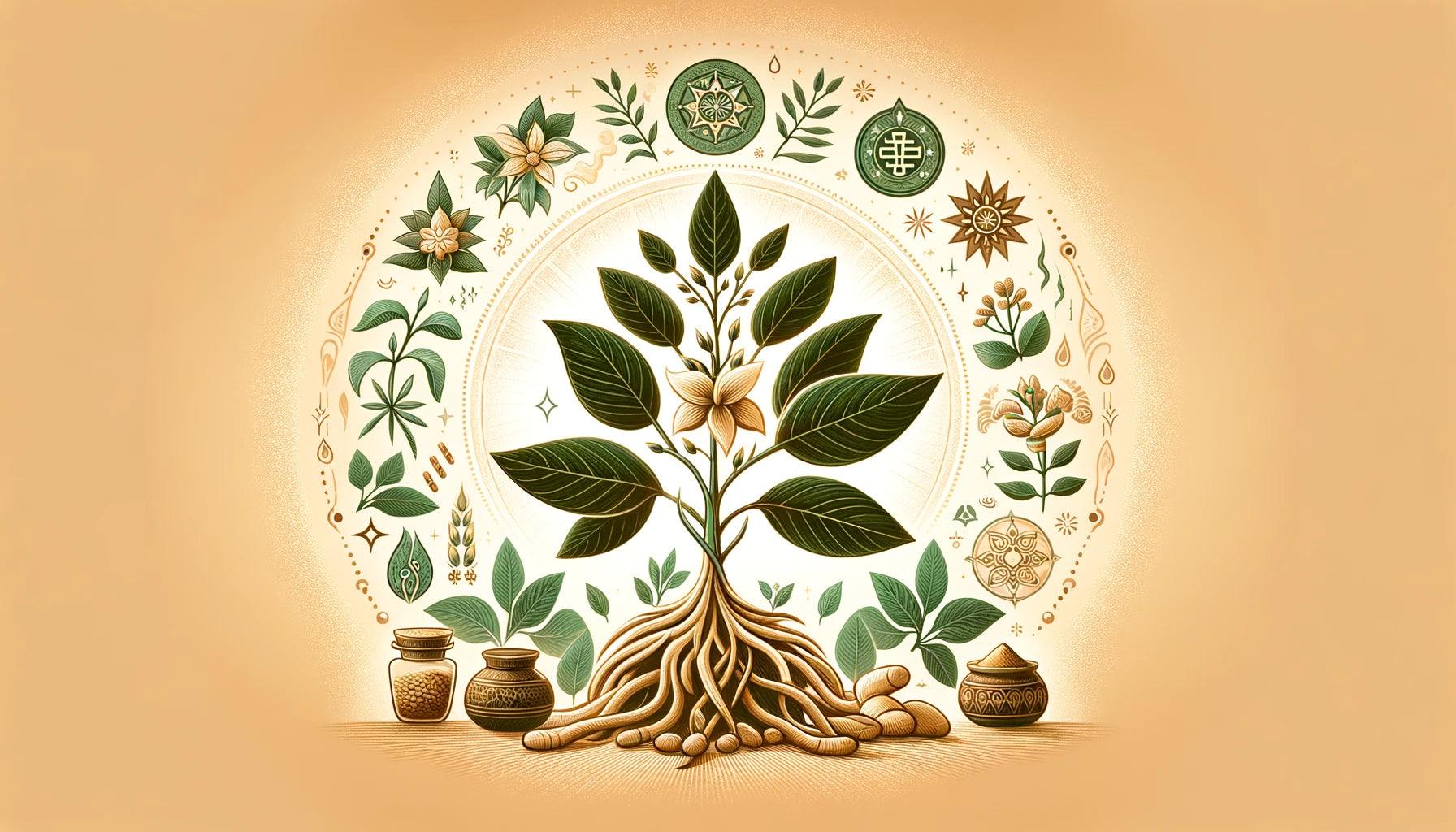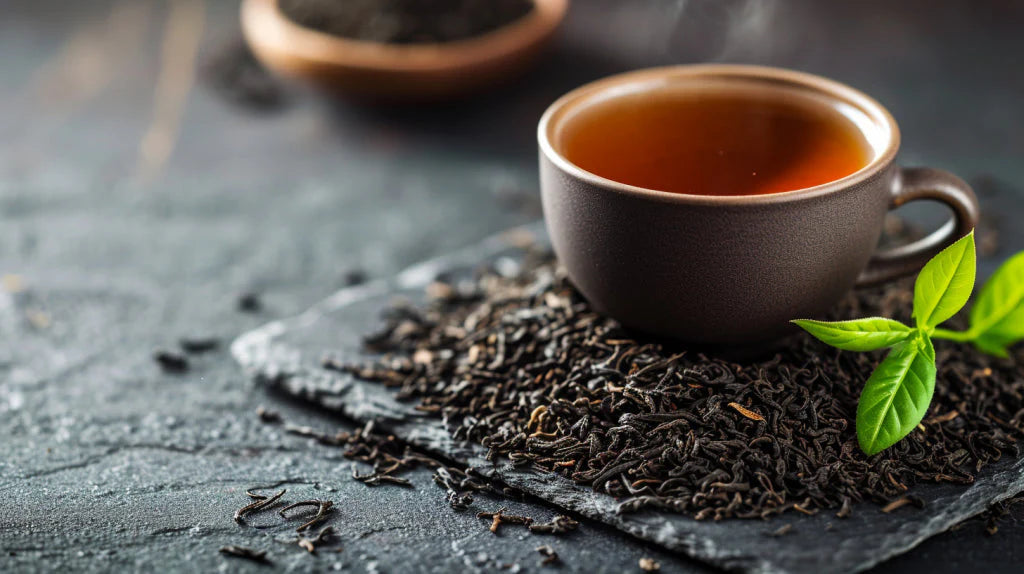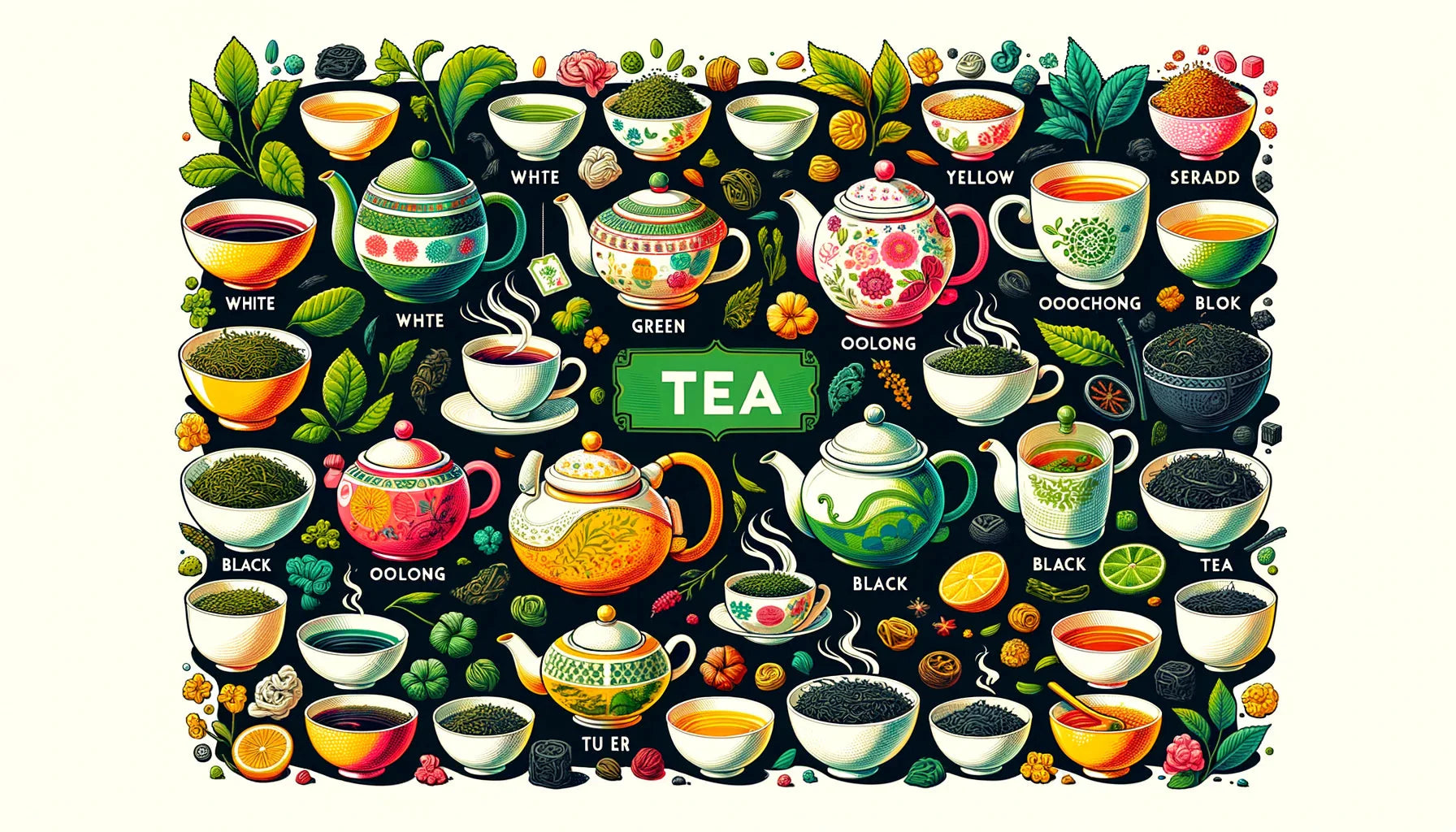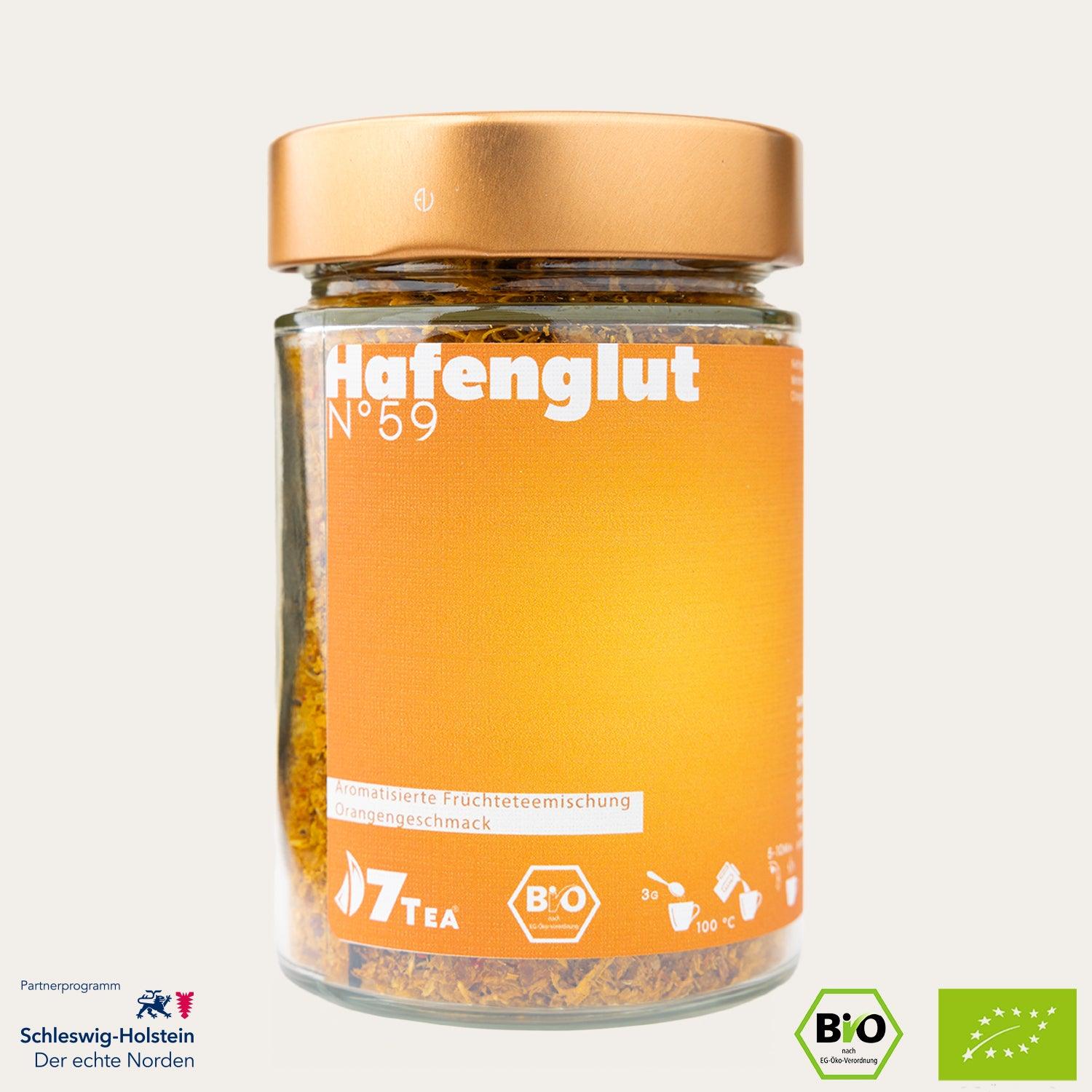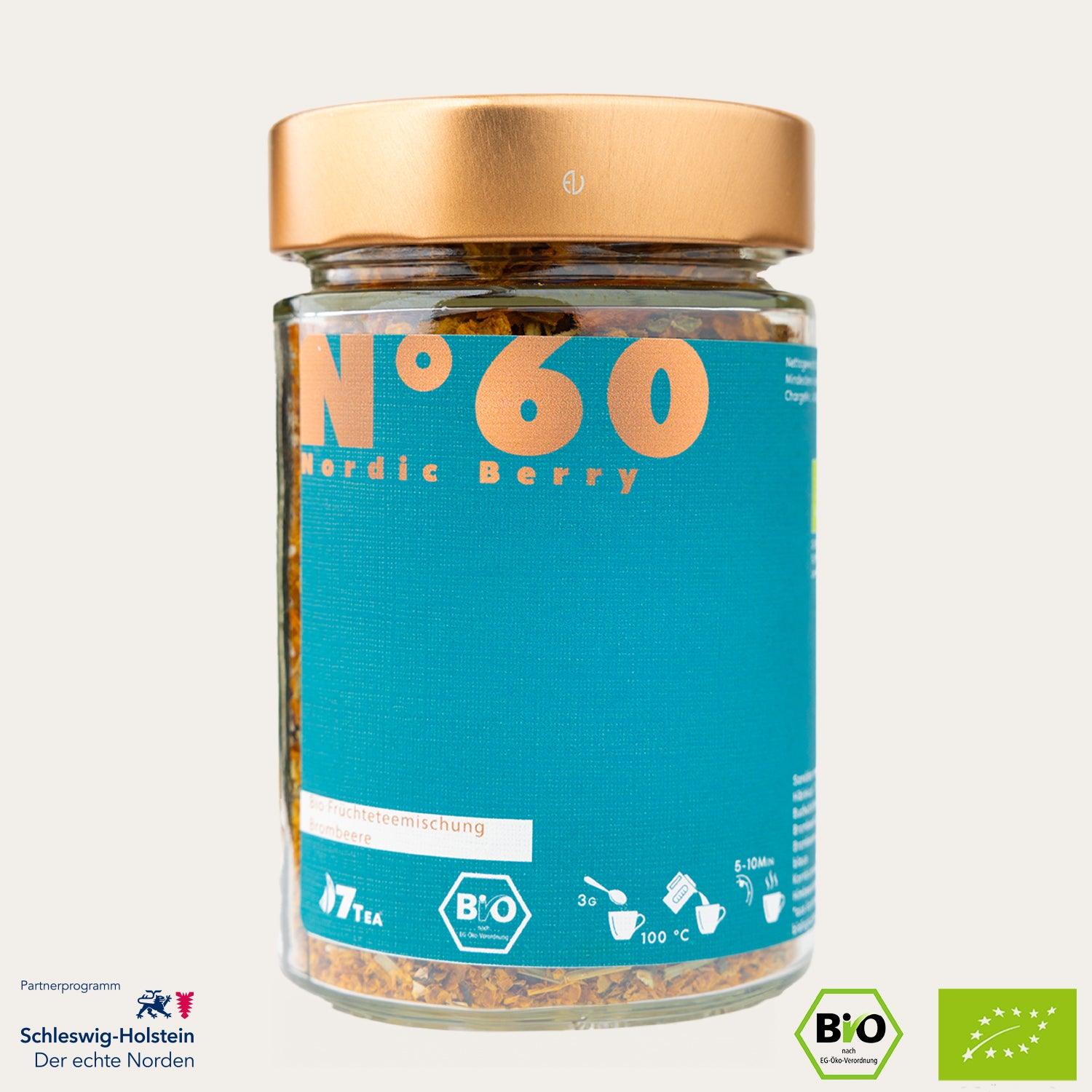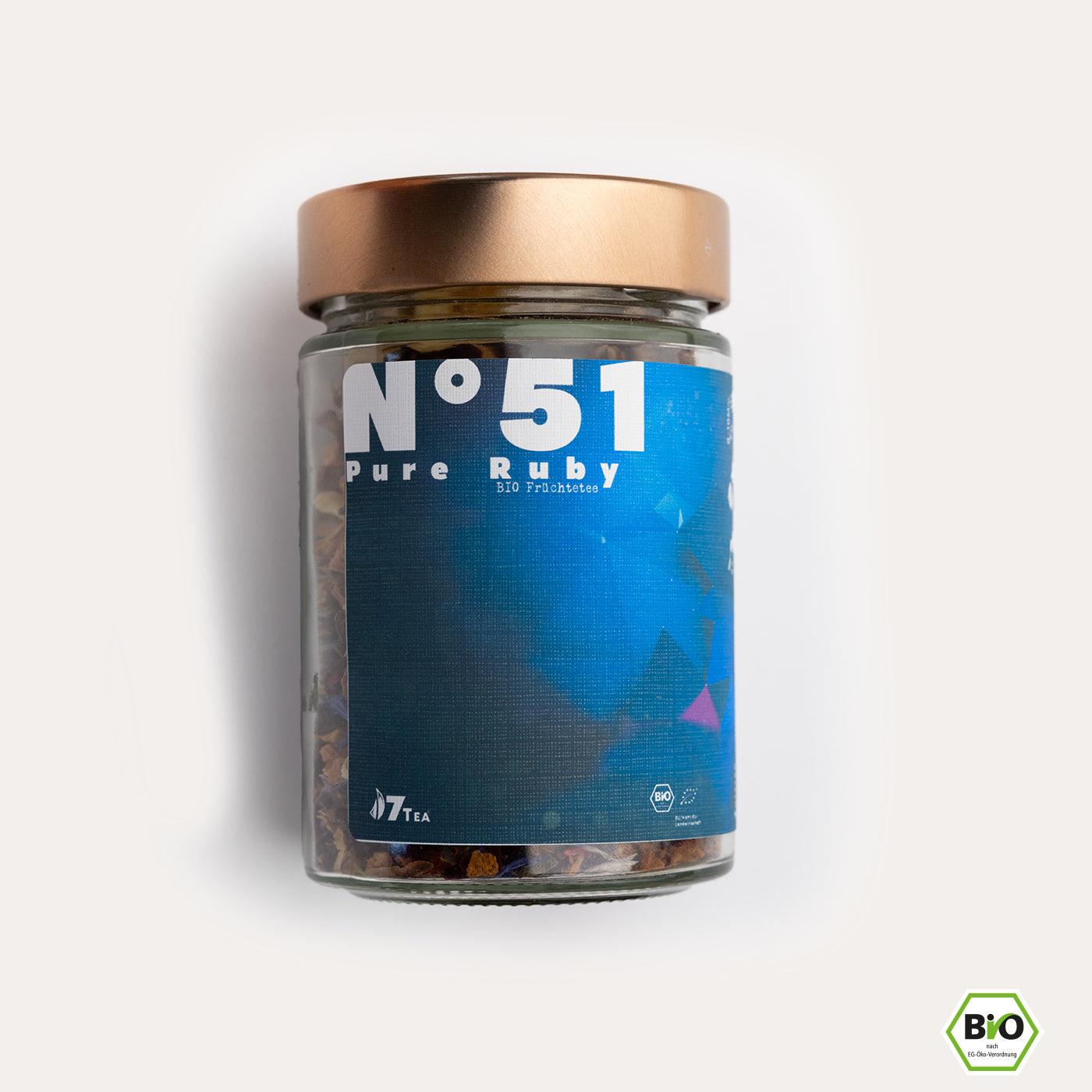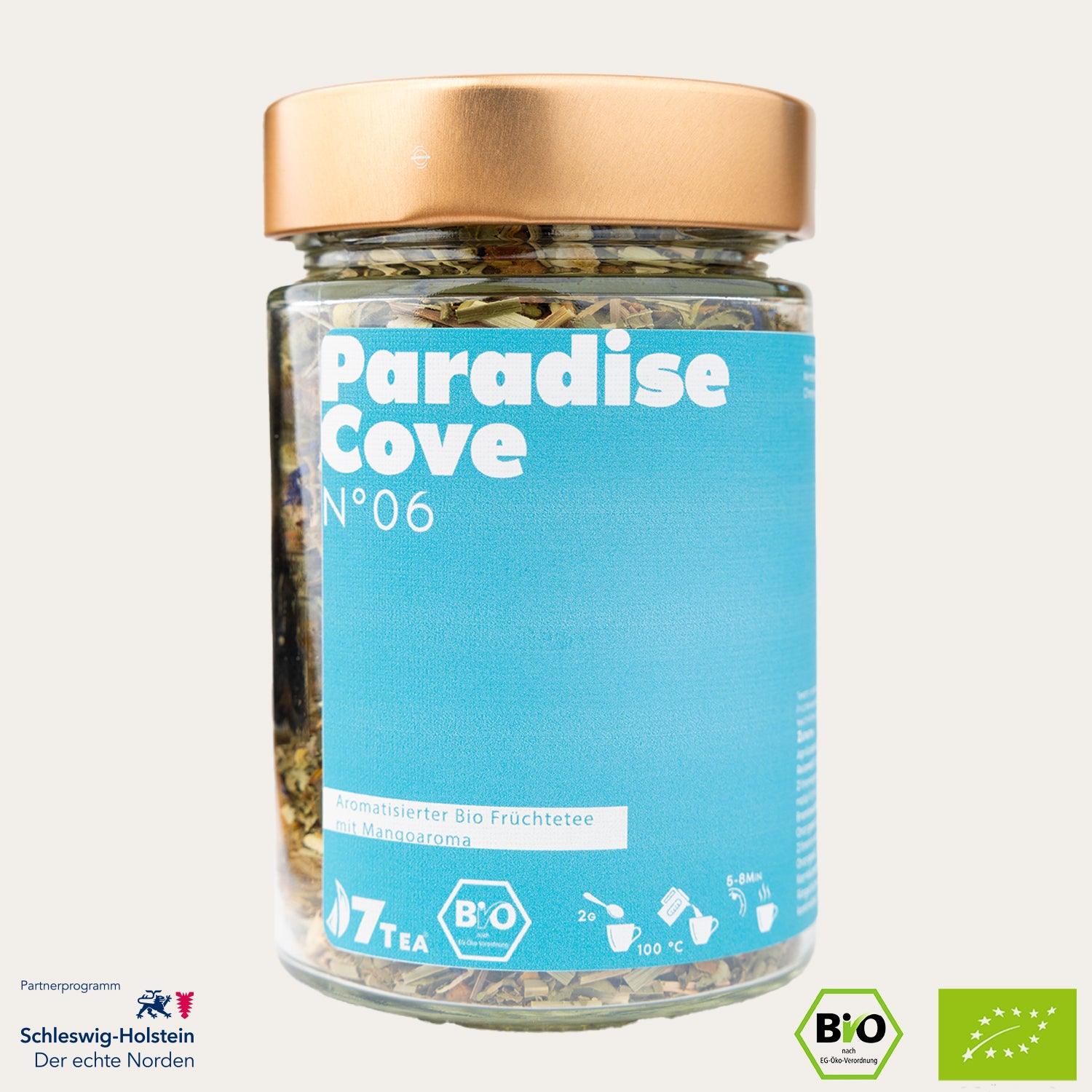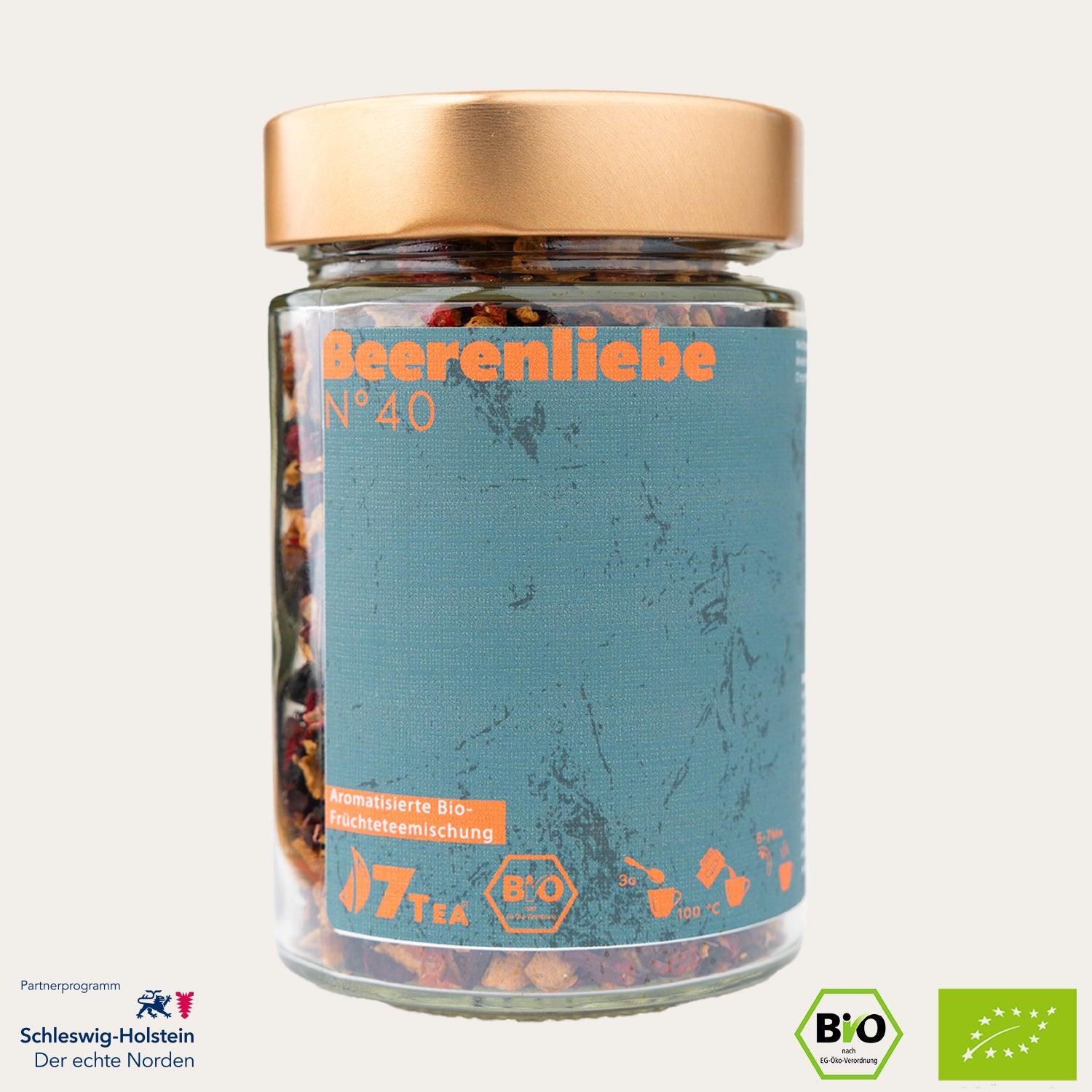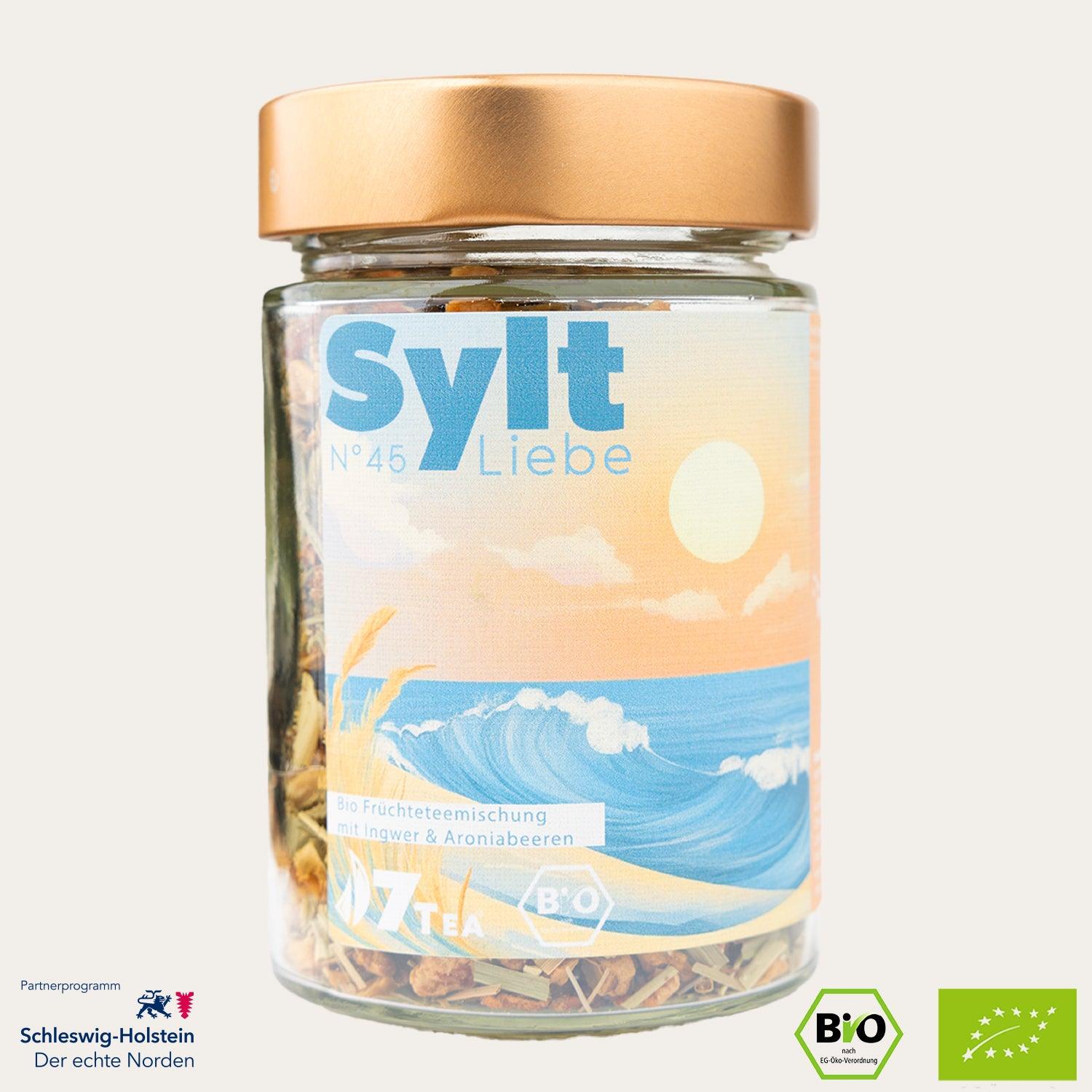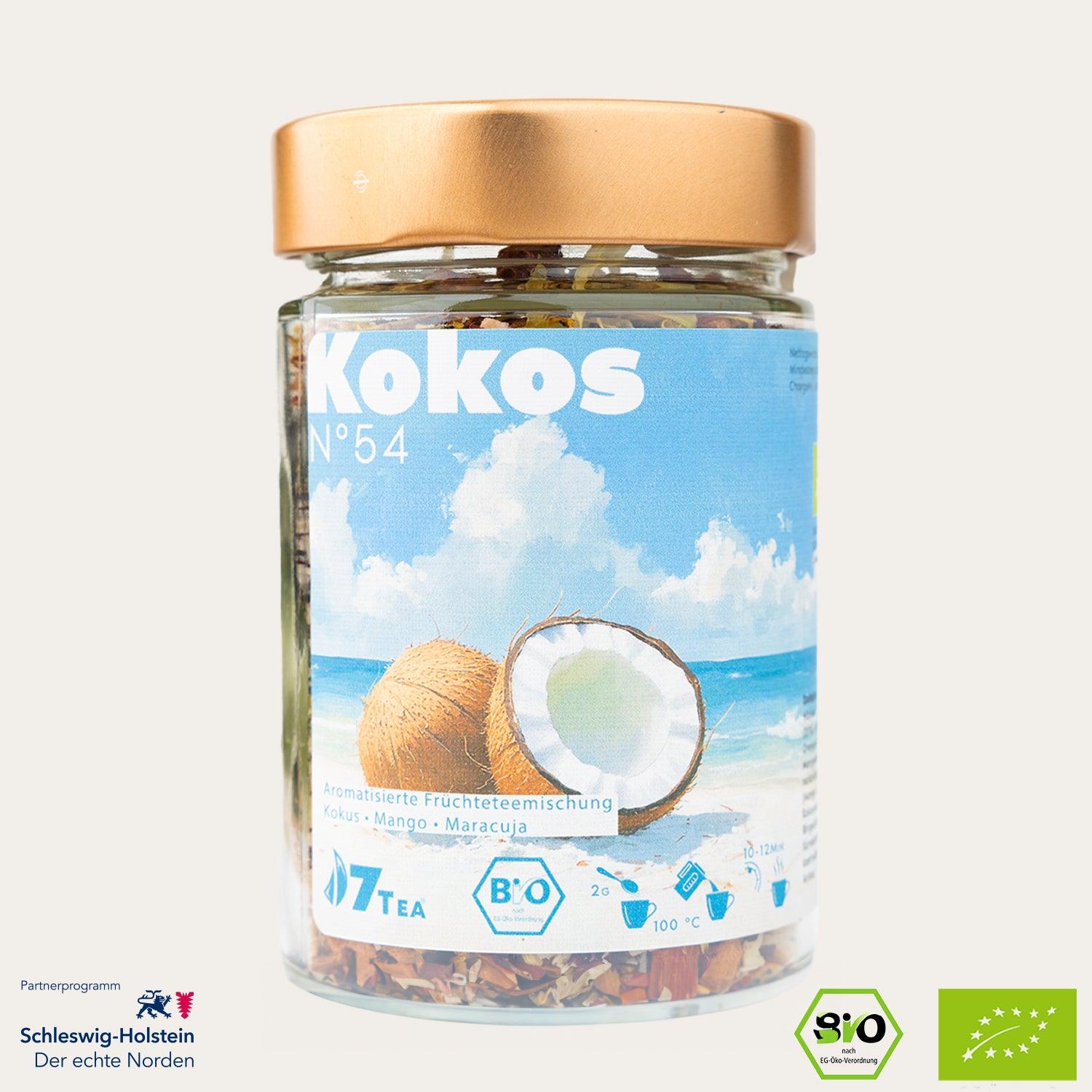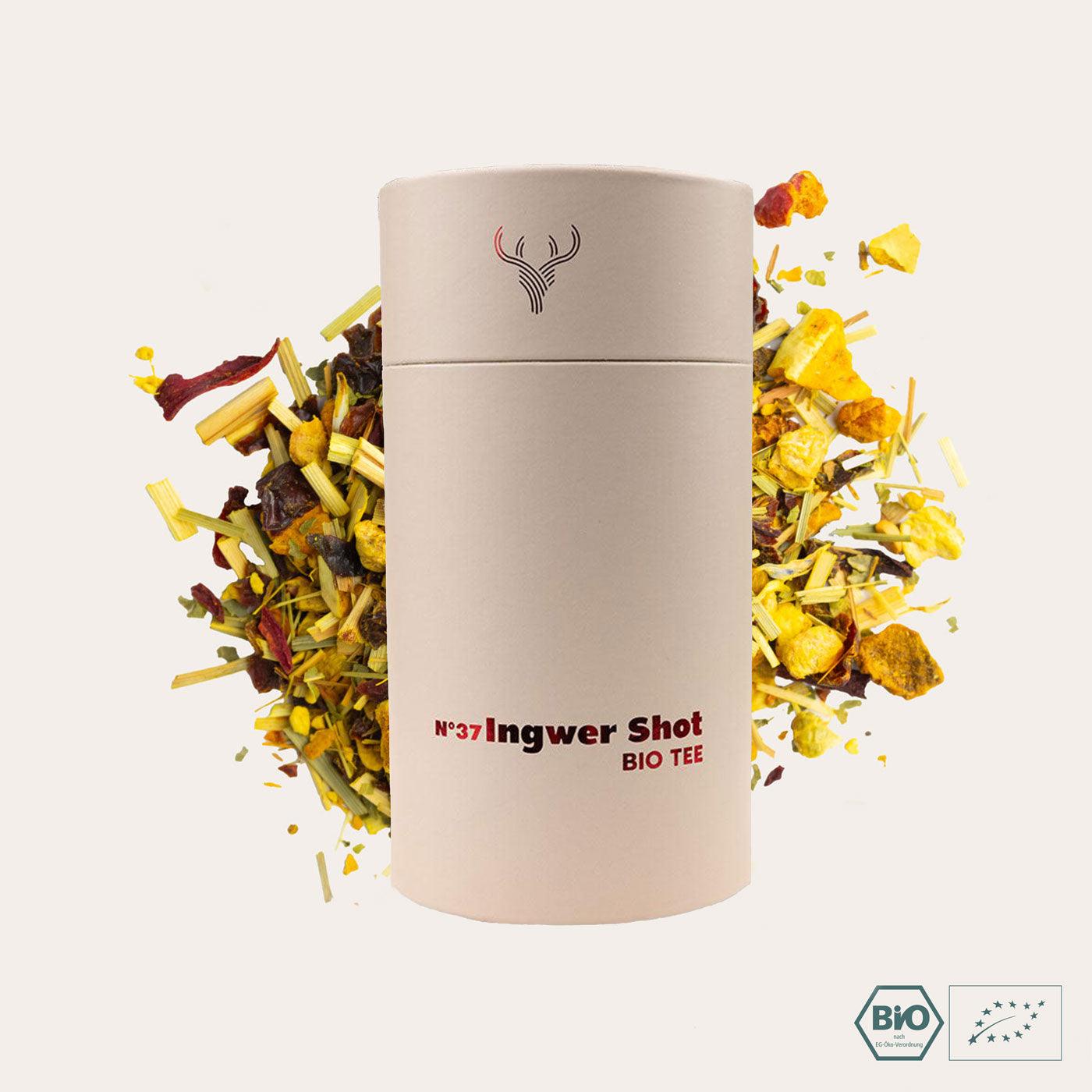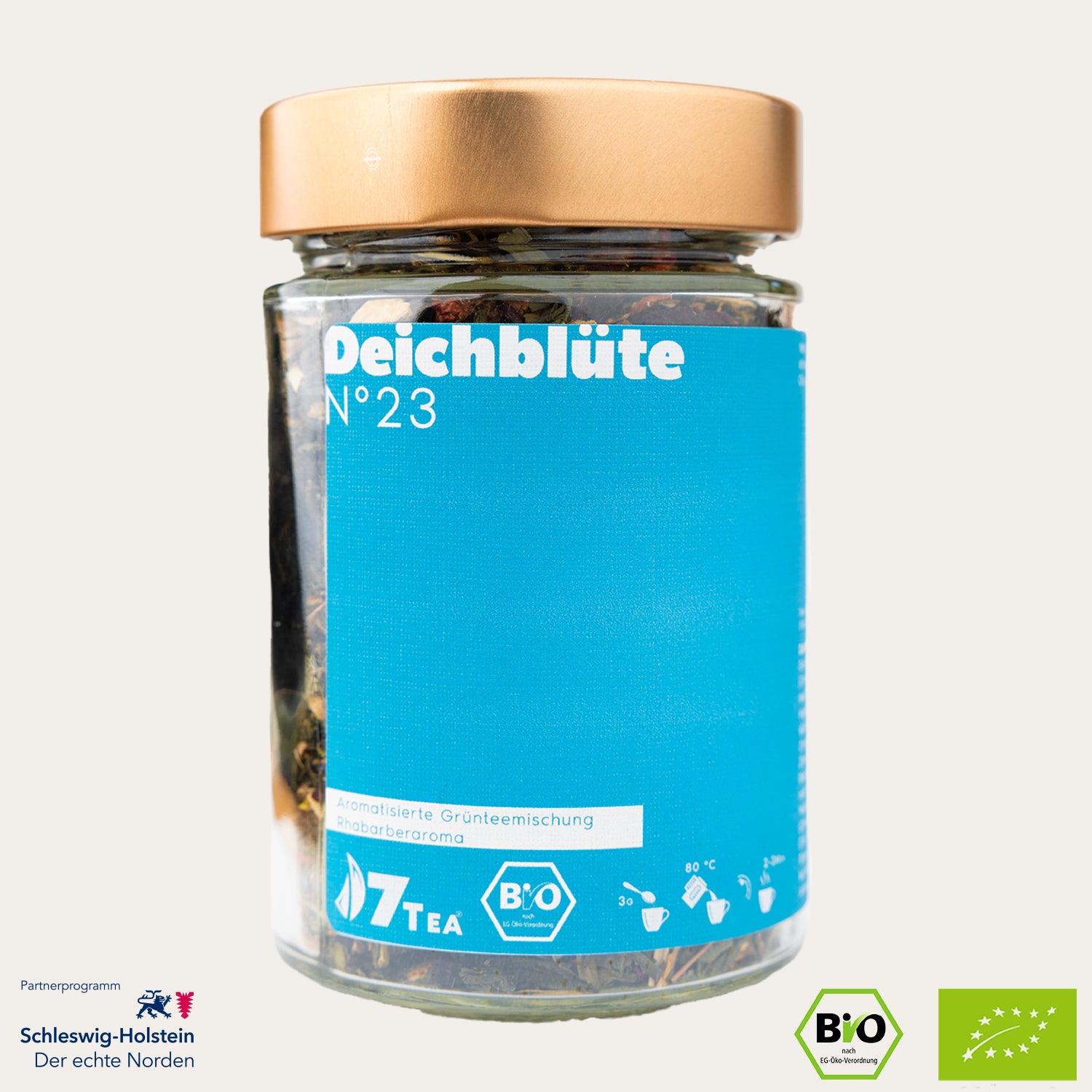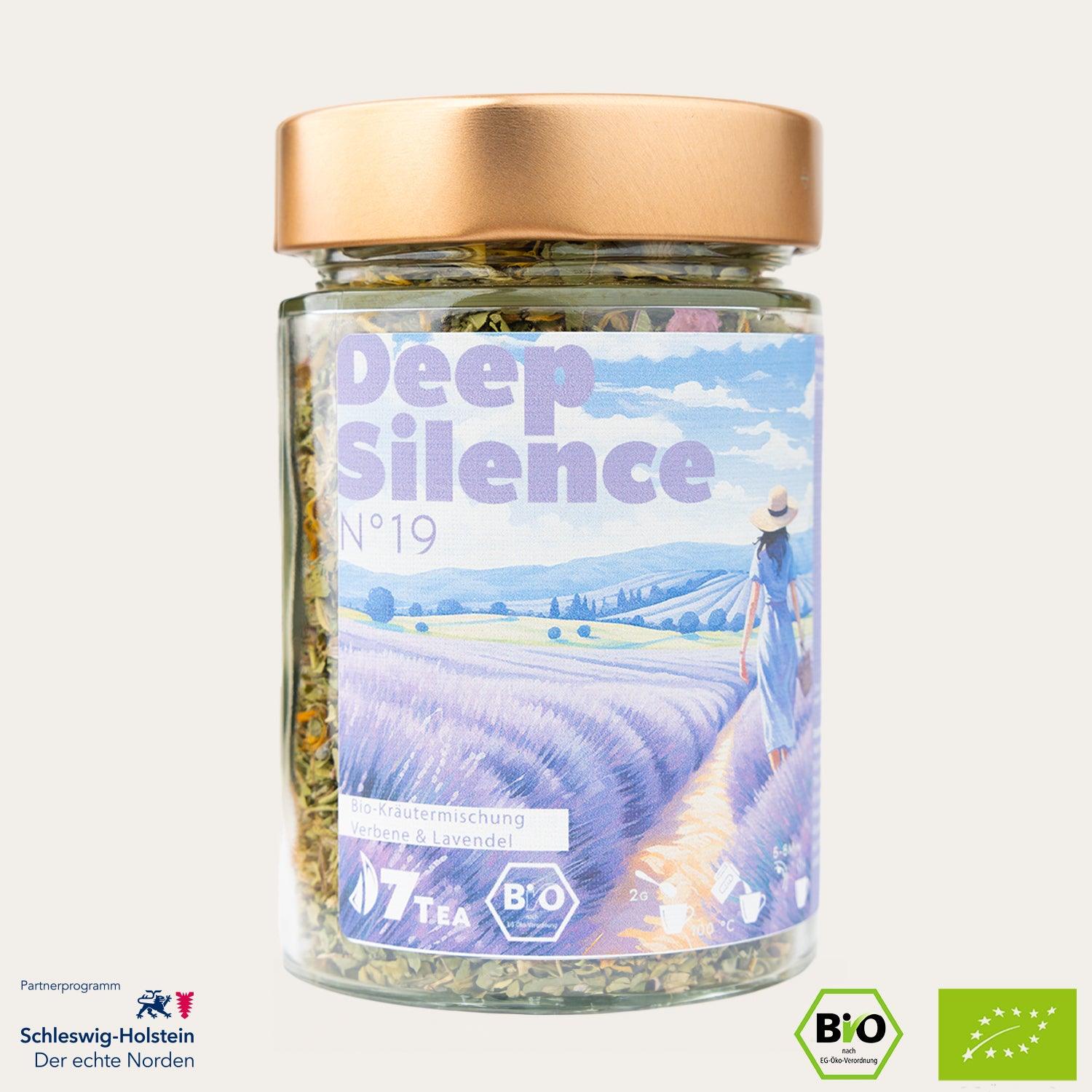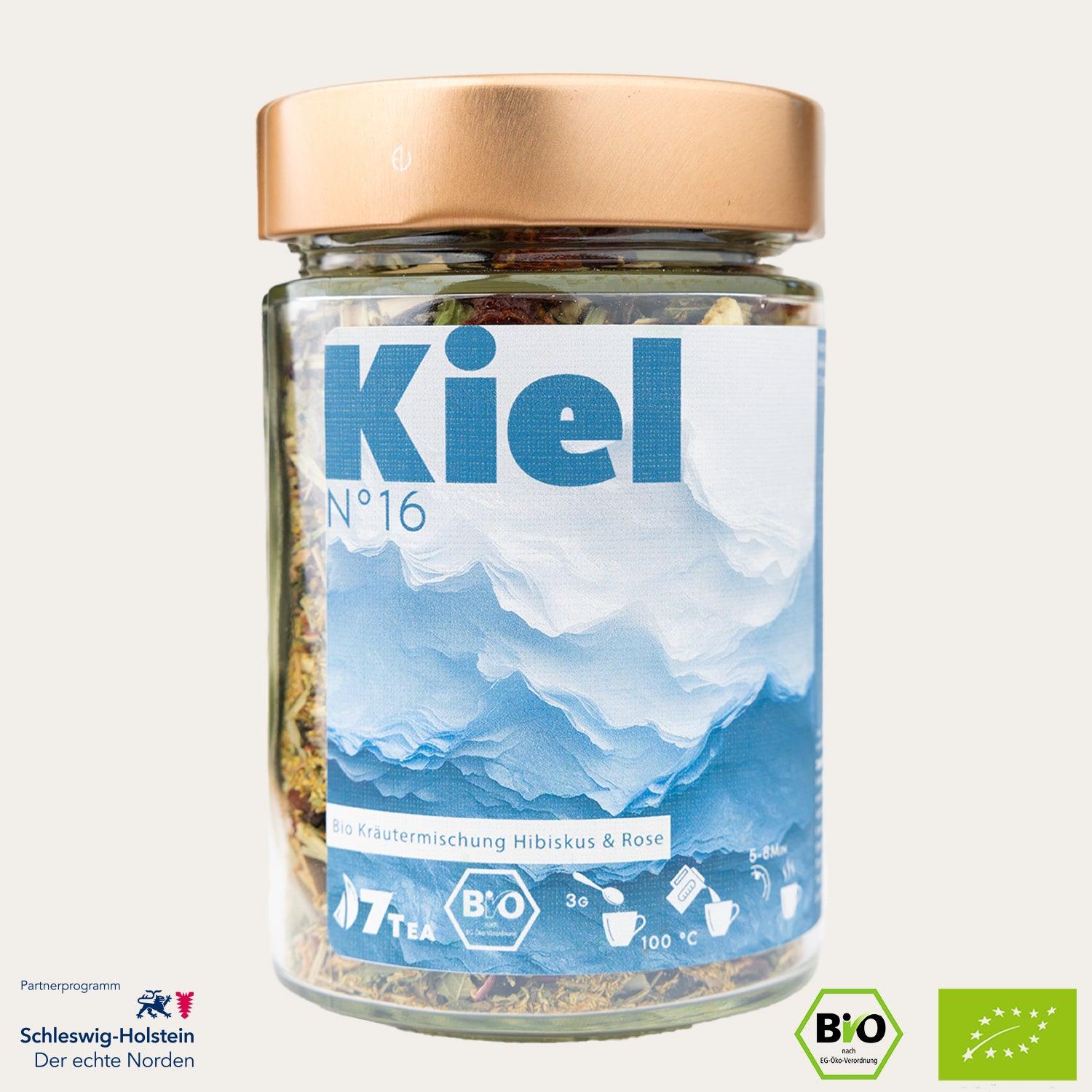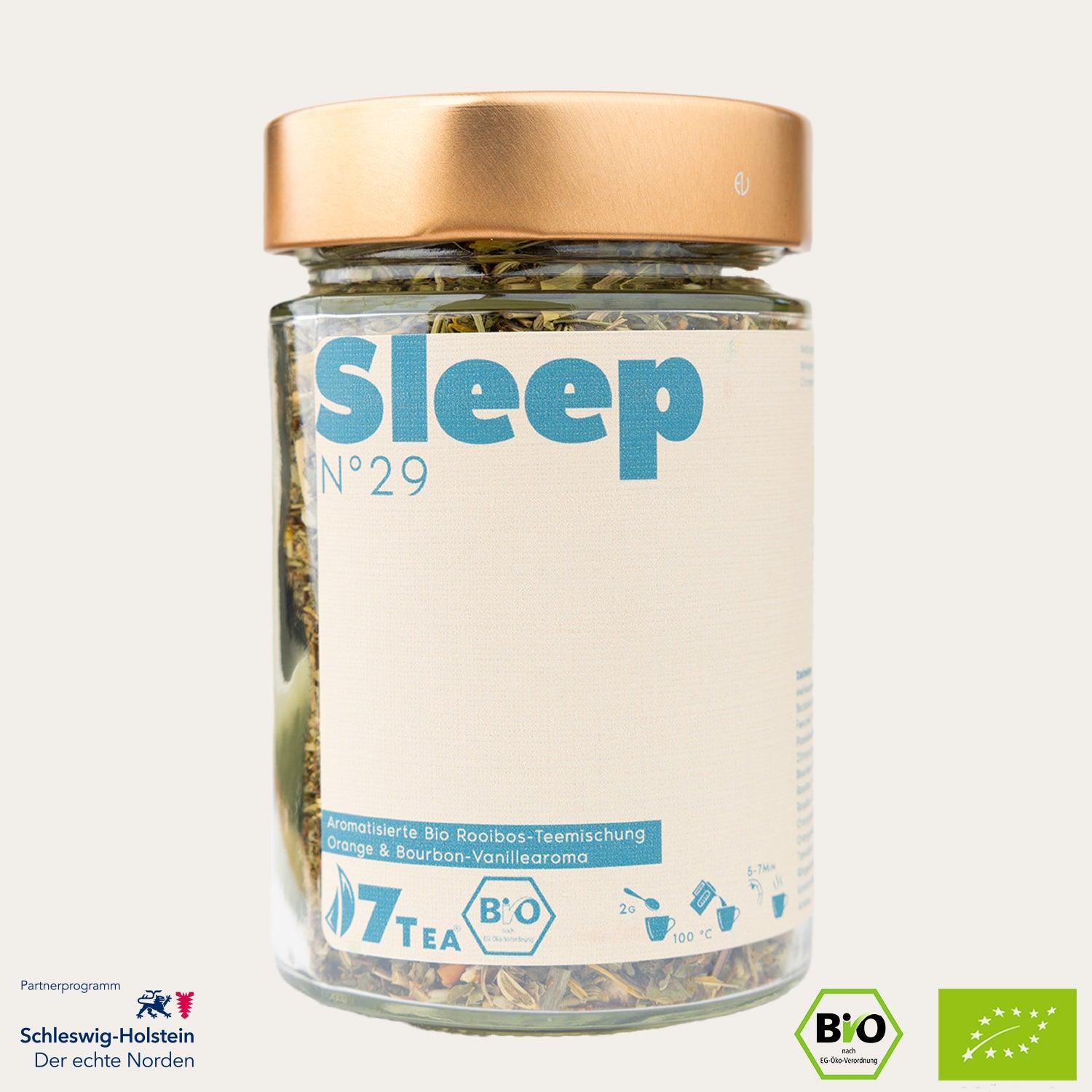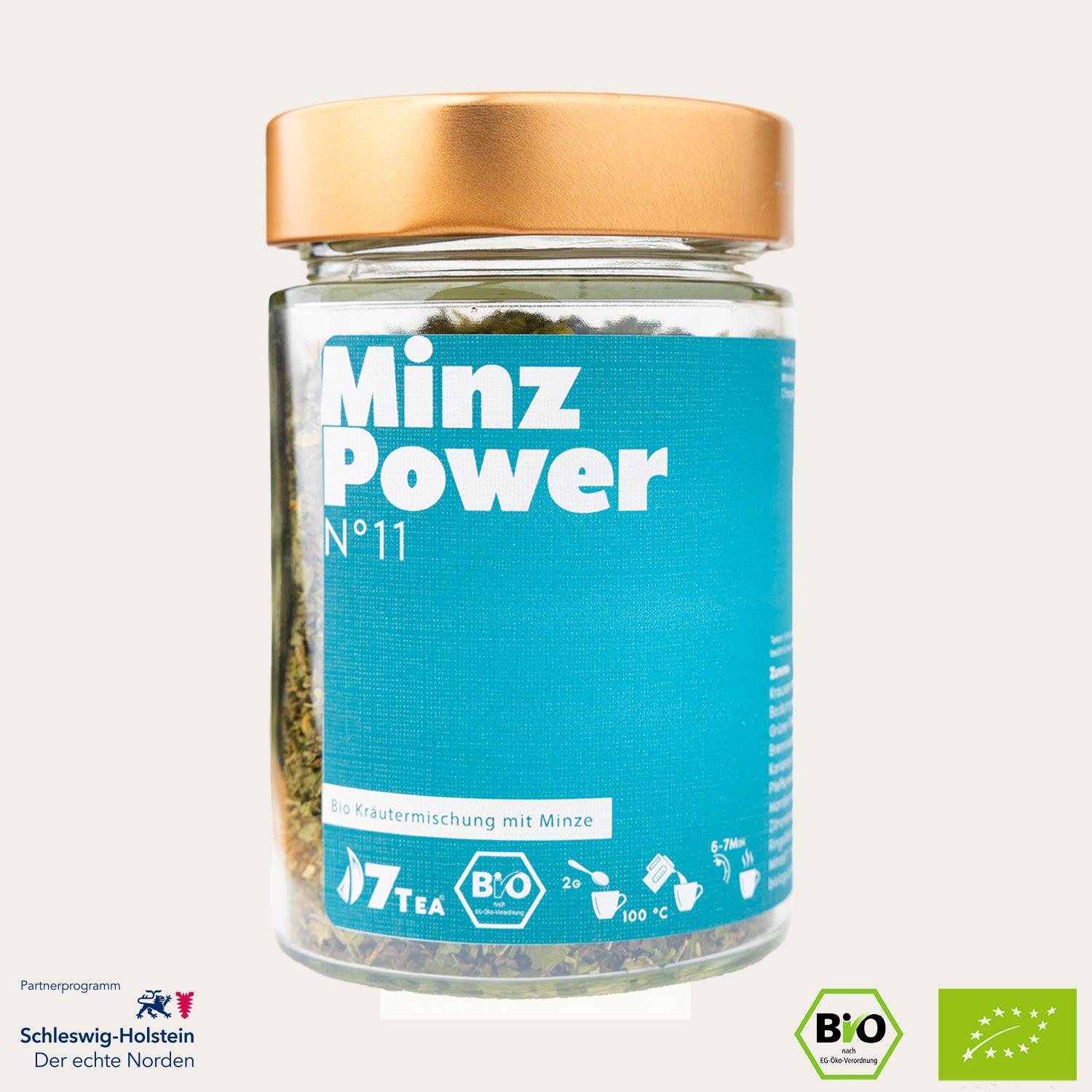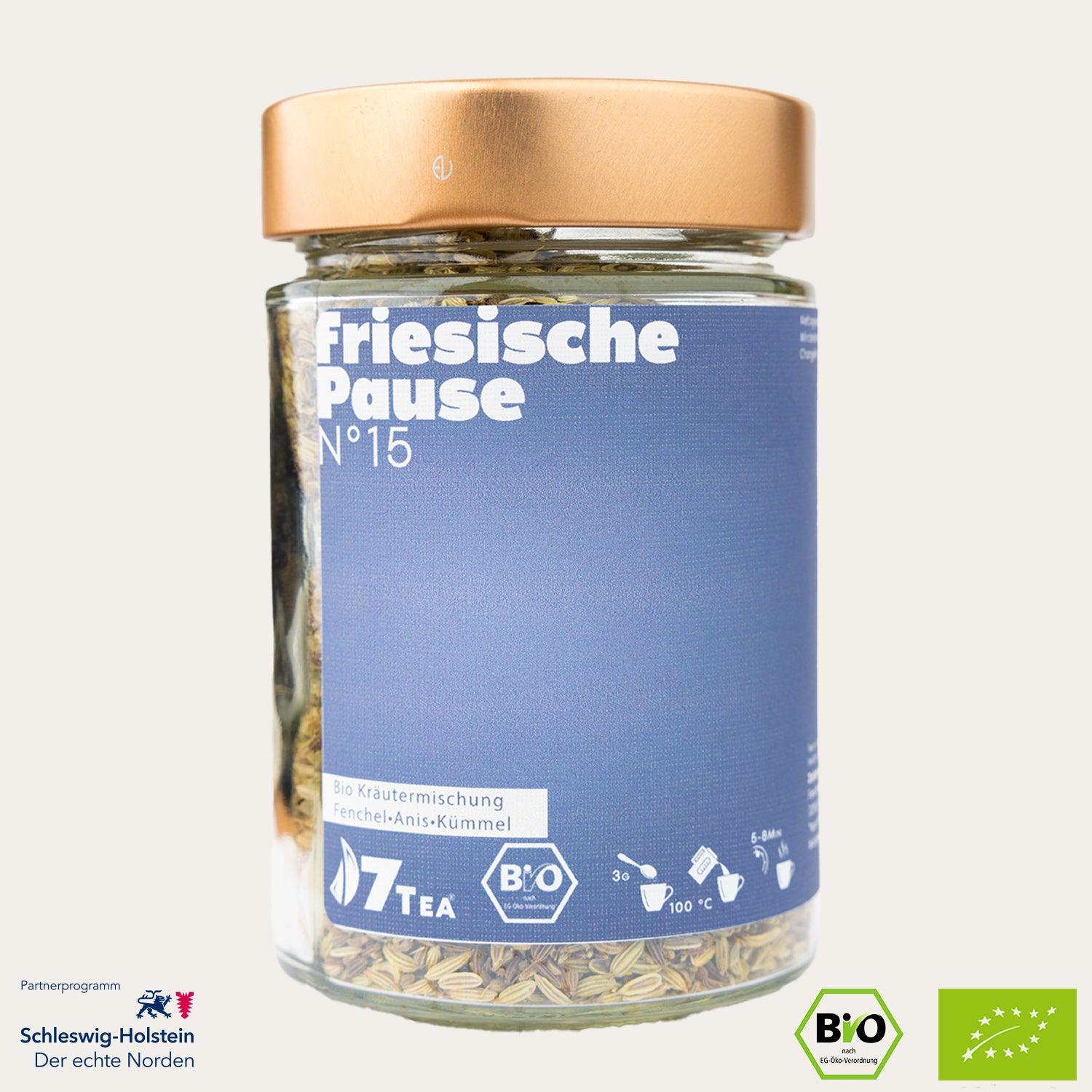Why organic tea is better: Health and sustainability in harmony
Table of contents
- Introduction: The Importance of Organic Tea
- Health Benefits of Organic Tea
- Sustainability and environmental protection
- Organic tea and taste
- Social responsibility in organic tea cultivation
- Conclusion: Choosing organic tea
Introduction: The Importance of Organic Tea
In a world where sustainability and health are becoming increasingly important, the question arises: Why is organic tea the better choice? Organic tea not only represents a healthier alternative, but also a responsible way of consuming tea.
Health Benefits of Organic Tea
Organic tea is free of synthetic pesticides and fertilizers used in conventional farming methods. These chemicals can leave residues on the tea leaves and pose potential health risks. Organic tea therefore offers a purer and safer option for tea lovers.
Sustainability and environmental protection
The ecological cultivation of organic tea supports the preservation of biodiversity and protects soil quality. In contrast to conventional farming methods, which often lead to soil erosion and water pollution, organic farming promotes sustainable agriculture that maintains ecological balance.
Organic tea and taste
Many tea drinkers report that organic tea has a cleaner and more intense taste due to natural growing methods and the absence of chemicals. The natural environment and gentle cultivation contribute to the development of rich and complex flavors.
Social responsibility in organic tea cultivation
Organic tea farming often promotes fair working conditions and fair pay for tea pickers. This is in contrast to some conventional tea plantations, where working conditions and wages are sometimes criticized. Buying organic tea also supports social justice.
Conclusion: Choosing organic tea
Choosing organic tea is a choice for health, environmental protection and social responsibility. By choosing organic tea, you are contributing to a more sustainable and healthy lifestyle while supporting fair practices in the tea industry.


